THE FUTURE OF HEALTHCARE
2121 Visions
We asked thought leaders inside and outside Cleveland Clinic: How will healthcare be different 100 years from now?
Illustrations: Ken Kula
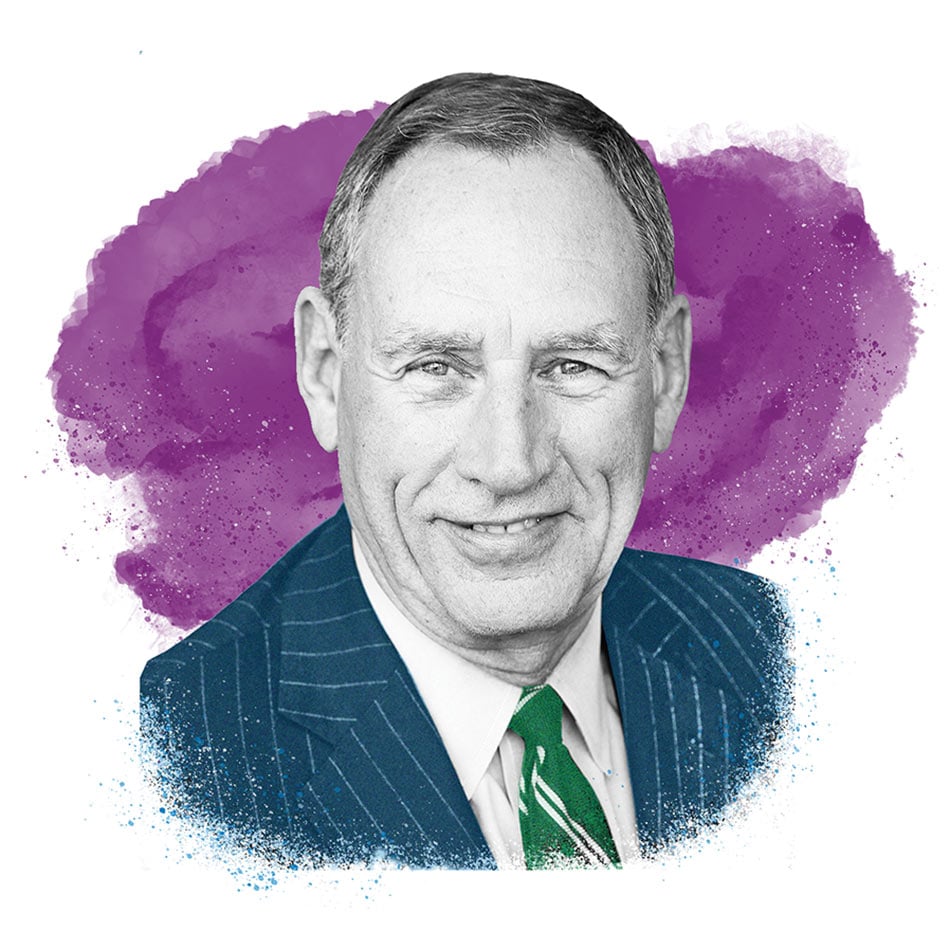
“Predicting the future is very difficult. It is made even more challenging by the rapidly escalating rate of change. Therefore, it is best to concentrate on major trends that will accelerate in the future.
Over time, the art of medicine is inextricably migrating to a science. Science depends on data, which is rapidly accumulating. Massive amounts of data are the fuel for artificial intelligence and machine learning, which will be enhanced by quantum computing.
Medicine will move from sick care to healthcare. Life expectancy will approach 100 years. There will be less acute disease and more chronic disease. Diagnosis will be precise and data-enabled. Treatment will be preventative and less invasive. Providers will be digitally savvy and practicing at the top of their training. Care will migrate from hospitals to community and home.
These changes will not be easy, but they should not be feared as they bring in a new era of health and well-being.”
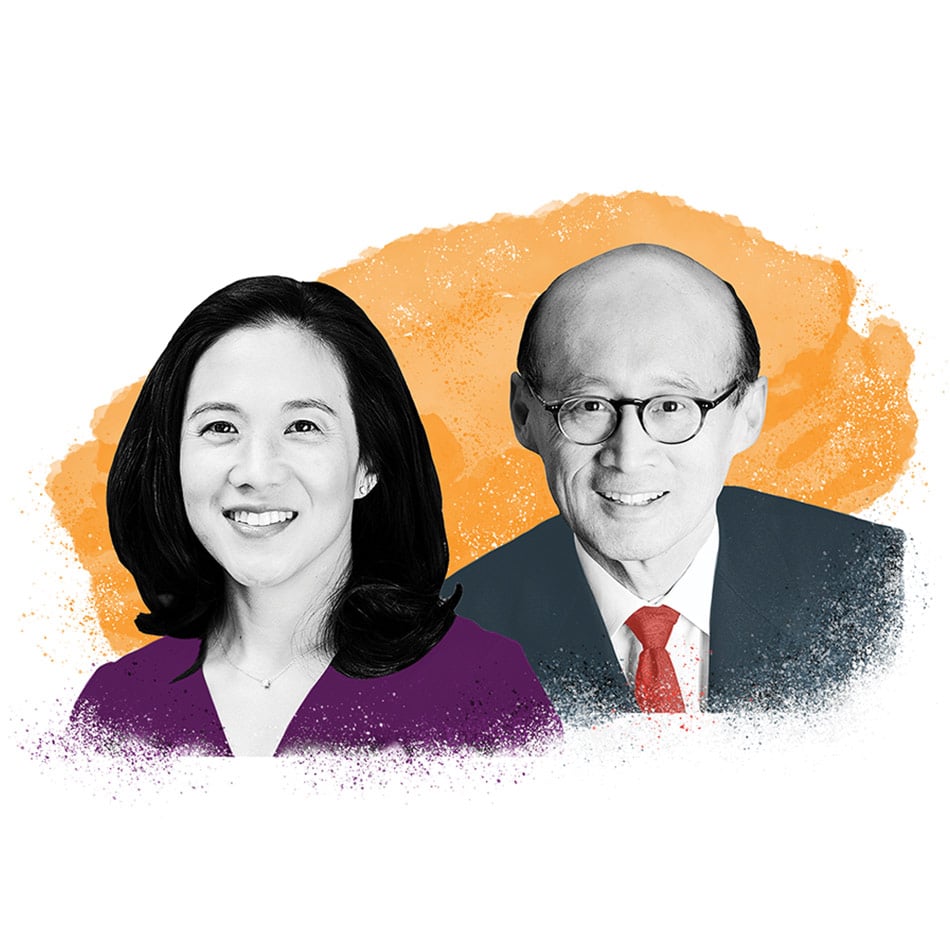
“What will be the same: Medicine will still attract young people with grit — women and men who bring passion and perseverance to the care of patients.
What will be different: Medicine will evolve from disease-focused care to patient-centered care to community-centered care. Prevention and public health will assume new importance, without losing ground on advances in treatment.
A history of the future: Generations hence will recognize 2020 as a defining moment — revealing our character as we met the unexpected and overwhelming challenge of COVID-19, and also strengthening our character, particularly as we collectively assumed responsibility for lack of equity and inclusiveness in all aspects of healthcare. We will look back and be grateful that in this period of turmoil, we chose optimism over pessimism and empathy over self-interest. And we will be proud to have weathered this storm, realizing that we emerged stronger together than ever before.”
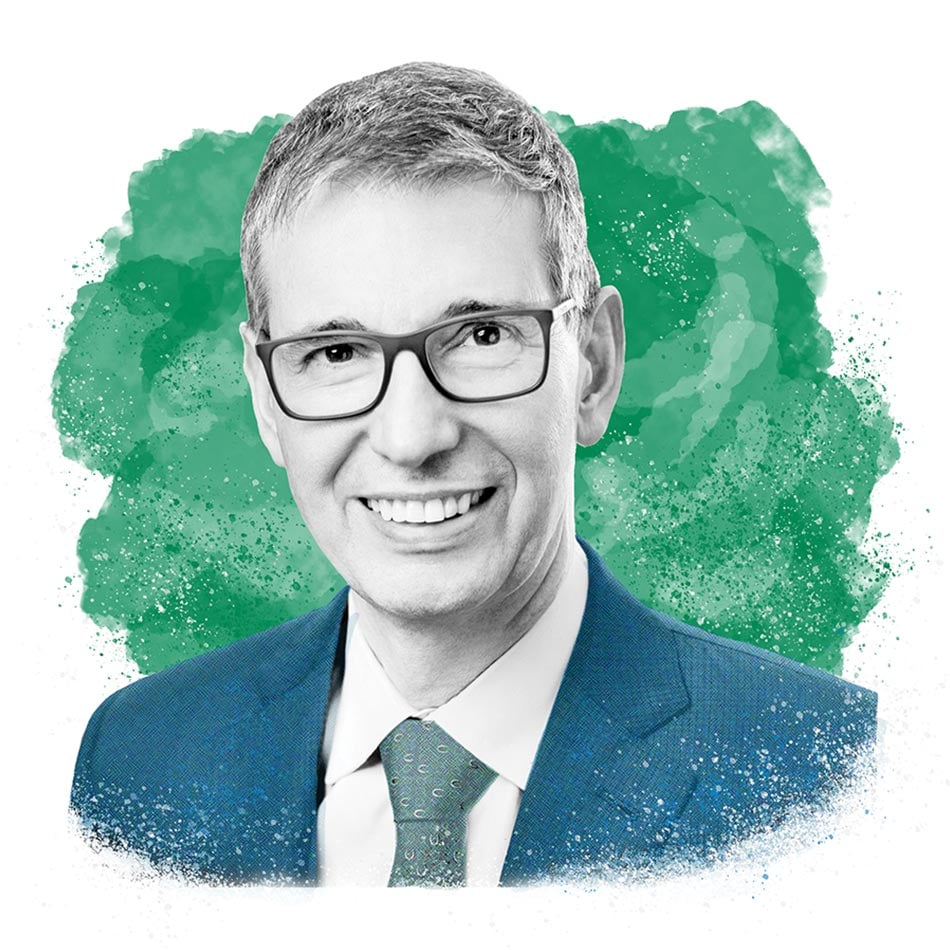
“A hundred years ago, our predecessors who discovered vaccines, penicillin and insulin could not imagine the genomic medicine of today. History demonstrates that we cannot predict the future but teaches us we have to prepare for it.
So we can expect many unexpected discoveries. We will cure all genetic disease through gene therapies and technologies. We will improve preventive diagnostics to the point that cancer will be identified before it becomes a tumor and treated without chemotherapy. And healthy aging will extend beyond our imaginations, with wellness and sickness no longer being distinct states as we cure diseases considered chronic today.
However, the world will still face diseases in 2121, and healthcare will remain vital to humanity. Therefore, let’s accelerate our work to achieve equitable, accessible and excellent healthcare for all. To do so, we need to continue attracting the brightest, most compassionate minds to medicine. Our future depends upon it.”
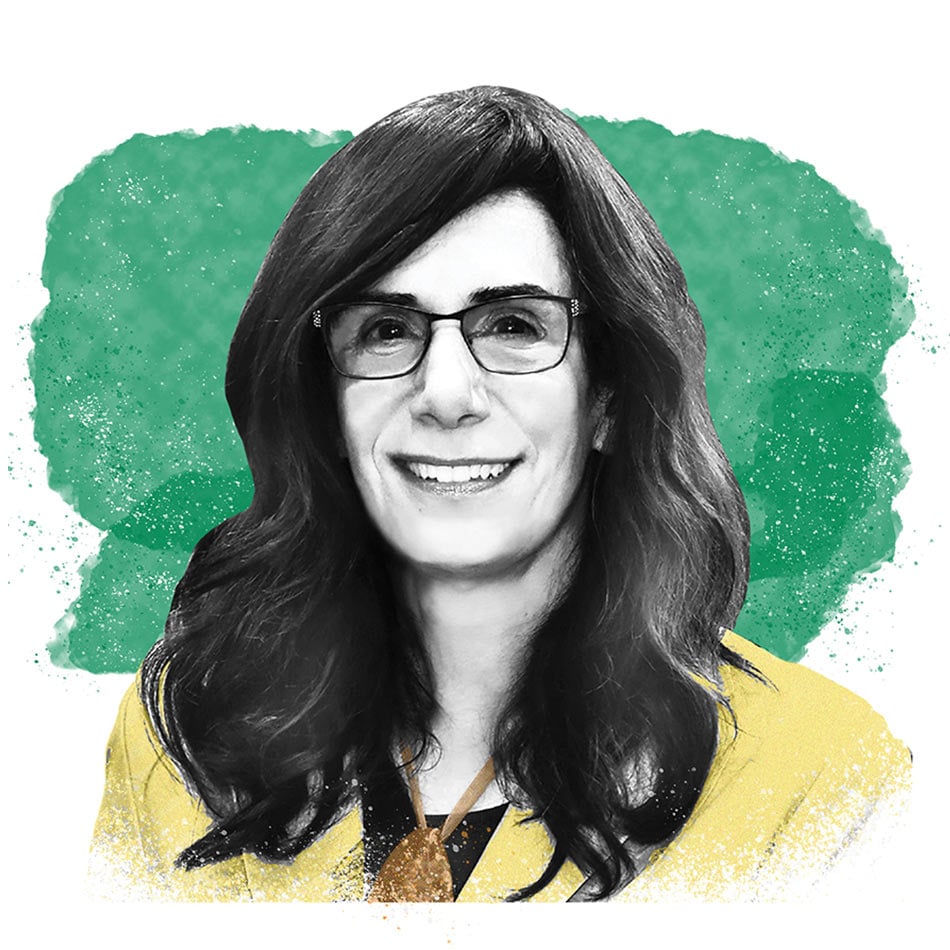
“It’s 2121. Your circulatory system hosts and powers semi-organic devices, implanted at birth. These devices monitor you 24/7 — vitals, heart rhythm, blood sugar and even common labs — and automatically alert emergency services of critical health events. They share and store data, so you are your own diagnostic device and your own chart.
Cancer and genetic disorders are nearly eradicated, since mutations are corrected as they occur. Organ scarcity is solved by laboratory cloning and nanotechnology repairs. Nanotech also actively maintains and improves your health by rebuilding tissue and bone after injuries, or even doing your PT while you sleep.
Routine medicine is done remotely with telemedicine, AI and nanotech. Advances in gene engineering enable individualized medicine. The complexity is beyond human cognition, so we rely on AI for each patient’s ideal treatment.
It’s fun to imagine the future — and a little scary if it all comes true.”
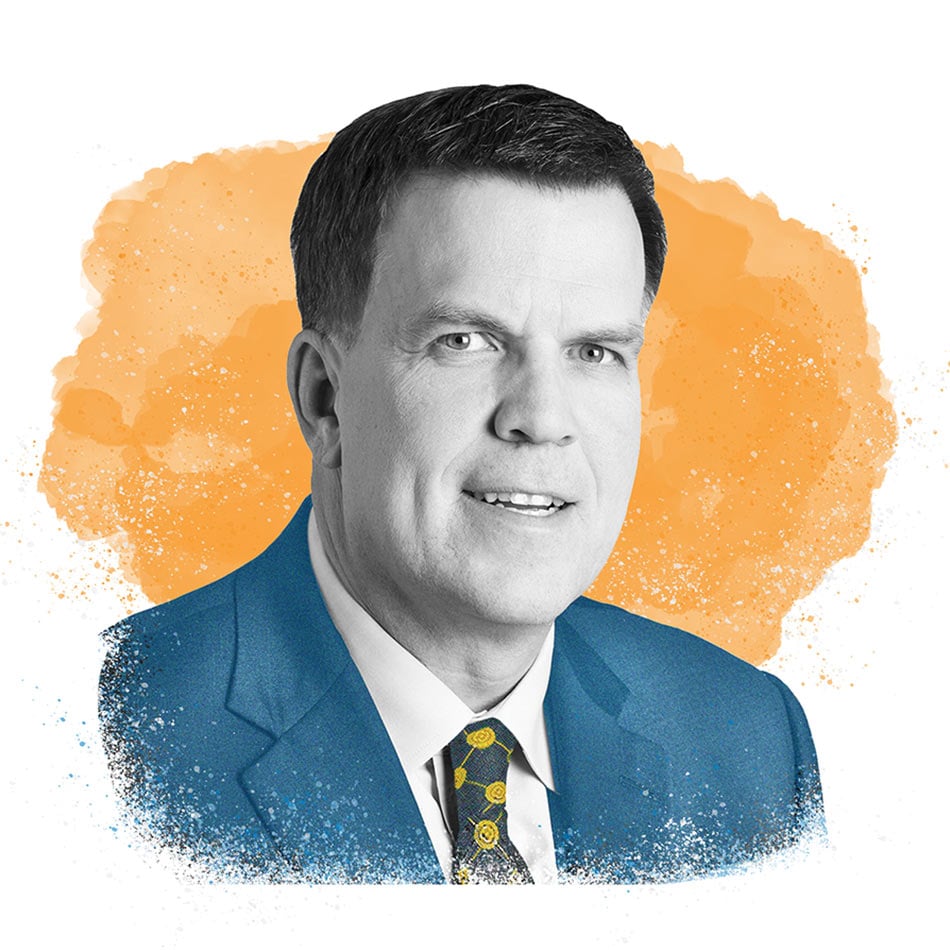
“The core of healthcare will always be the expression of empathy between individuals in a shared humanity. What will change by 2121 are the enablers that will blend unprecedented scientific knowledge with diagnostic and treatment capability, which will enhance the ability to express and receive this empathy.
Caregivers will have technological tools at their disposal that will collect and analyze multiple streams of personal, behavioral and genomic data, which in turn will populate predictive analytics. Caregivers of the future will have made the shift from the collection and analysis of information to the interpretation and counseling of the results, developing cohesive, personalized and lifelong care models that align with the individual patient’s goals, while providing more time for the empathy that patients have desired from healers since the beginning of time.
In many ways, we will see a return to the strengths of the older visions of medicine, with providers attending to patients in their homes and following them virtually throughout their lives to provide personalized and equitable care while always being there for the individual at their time of greatest need for empathy.”
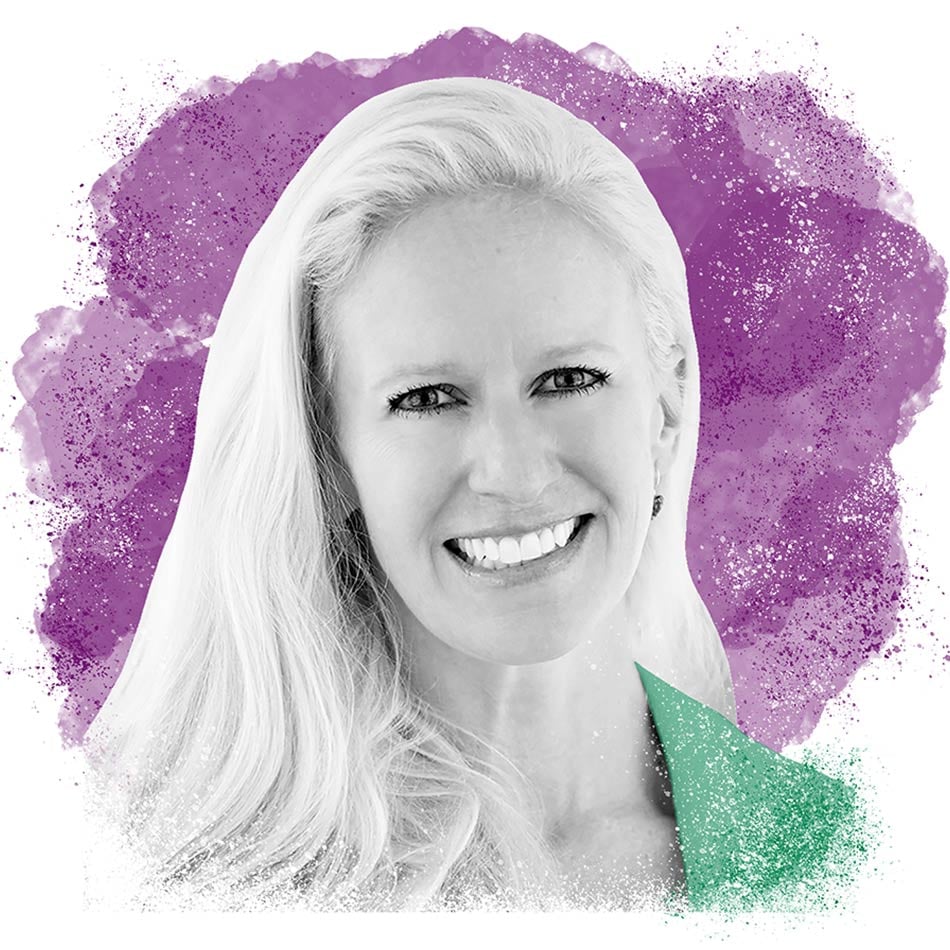
“A hundred years from now, my dream healthcare will be life care. Imagine a time when care begins when life begins. With an understanding of your genomics and environmental predictors, we will proactively care for you as you grow, providing feedback about nearly every breath you take and (as Sting knows) every move you make. Because we have intervened early to support parents and cared for communities, the childhood trauma that drives death and chronic illness in adults is now extinct.
Hospitals will be few and far between. For most things, you’ll never need to leave your couch for the care you need. Unlike today, incoming data from tech won’t be intrusive and disorganized; it will be intuitive, fueled by AI and matched to your preferences. In fact, you will stop work when your brain has reached its peak for the day and nudges you to do something more fun until it recharges. Sounds good, doesn’t it?
And what won’t change (I hope)? The body and soul of humanity that makes healthcare care. The warm hand that squeezes, the strong arms that hug, the heart that loves.”
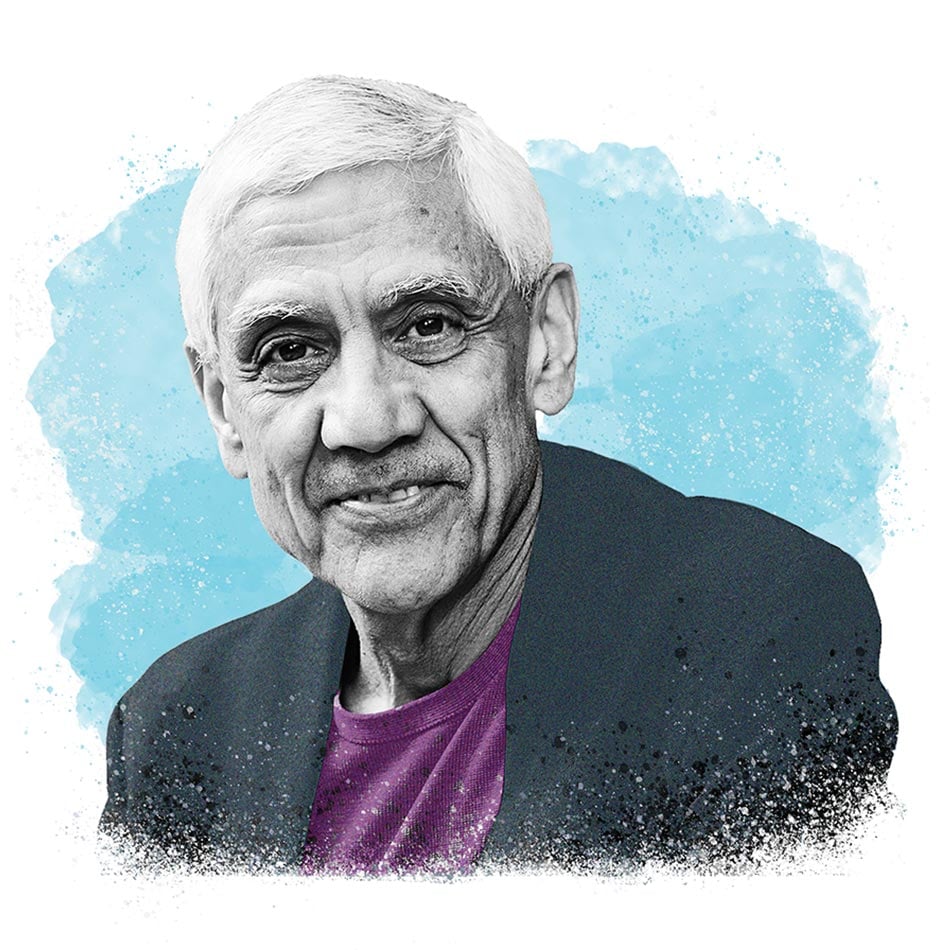
“To predict 2121 today, we’d have to predict 2021 in 1821 or 1721 because of accelerating change. With that caveat, healthcare today is mostly sick care — and sickness is likely to disappear.
We will be able to control our genes to behave as if they were 3 or 30 years old. We will have models for the thousands of metabolic pathways in our body and will know how to manipulate them using a mathematical version of complex systems theory, microbots, brain rewiring, organ renewal capability and molecular continuous monitors for all bodily functions. With the assistance of AI, with capability well beyond the human brain in most dimensions, nothing will be impossible in the manipulation of human life.
What we allow, how long we live and how we balance the renewal of the human race will be social choices, assisted by a doctor or another AI. With the ability to enhance brain functions and modify genetics and phenotypic features, the choice will be what ‘medicine’ we permit. Many people in their 20s today will likely be around to witness this.”
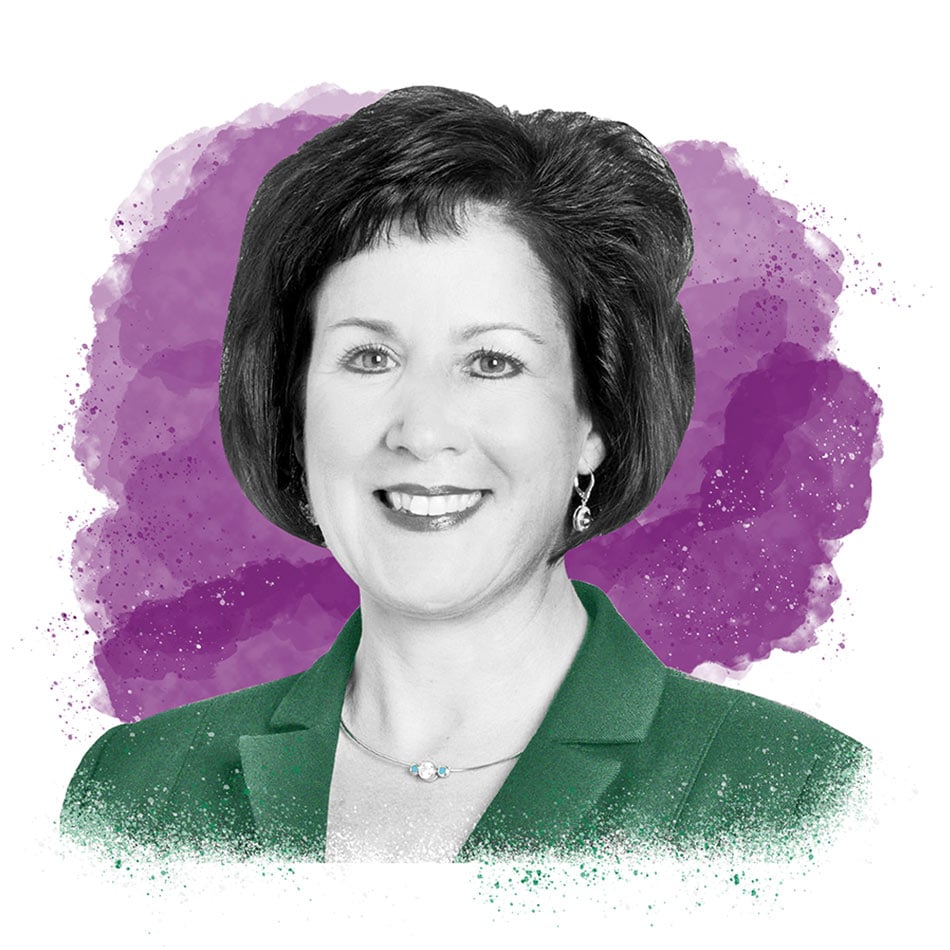
“In 100 years, healthcare will be transformed through innovation, technology and the advancement of medical knowledge by way of research and evidence of science.
The use of artificial intelligence will continue to increase a new body of knowledge for healthcare discoveries. Patients will be expected to be partners in their healthcare, and payers will require shared responsibilities of clinical outcomes over their lifetimes. New models of care delivery will emerge, including those designed specifically around the needs of patients and those that transition to top-of-license practice, advancing the roles of all members of the healthcare team.
Professional nurses will be sought-after to assume key leadership positions in healthcare organizations, leading diverse groups of caregivers, and highly trained specialized physicians will be reserve for the patients in need of their expert care.”
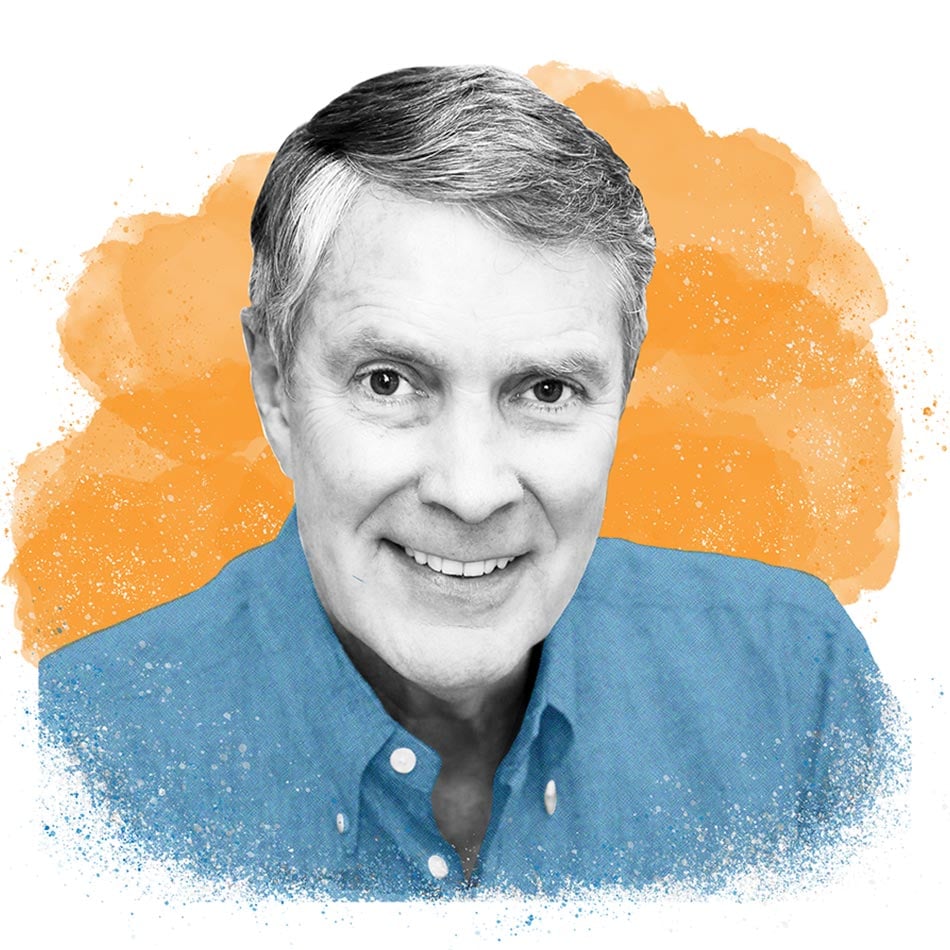
“The year 2121. My specialty — cardiac transplantation — is extinct.
Back in 2021, when the field of synthetic biology was accelerating at four times Moore’s Law, no one imagined how it would so totally transform health by modifying molecular workings of living cells to design revolutionary diagnostic tools, novel therapeutics and ultimately cures for chronic diseases, including cancer.
For the heart, drugs have become “drug systems,” discrete packages that combine a drug with mechanisms for its production and delivery. Homing molecules are added to membrane-binding proteins to deliver oxygen to damaged heart muscle. Biosensors in vivo measure cardiac metabolites and biomolecules. And replacing those archaic whole organ transplants of old are the gene therapies and genetic circuits that foster tissue formation and repair.
In-cell engineering and programmable synthetic biosensors detect infectious pathogens in host cells, augment immunity and respond in real time to unknown pathogens at population level. Such molecularly personalized medicine has made quality care more affordable and more accessible to vulnerable populations.”
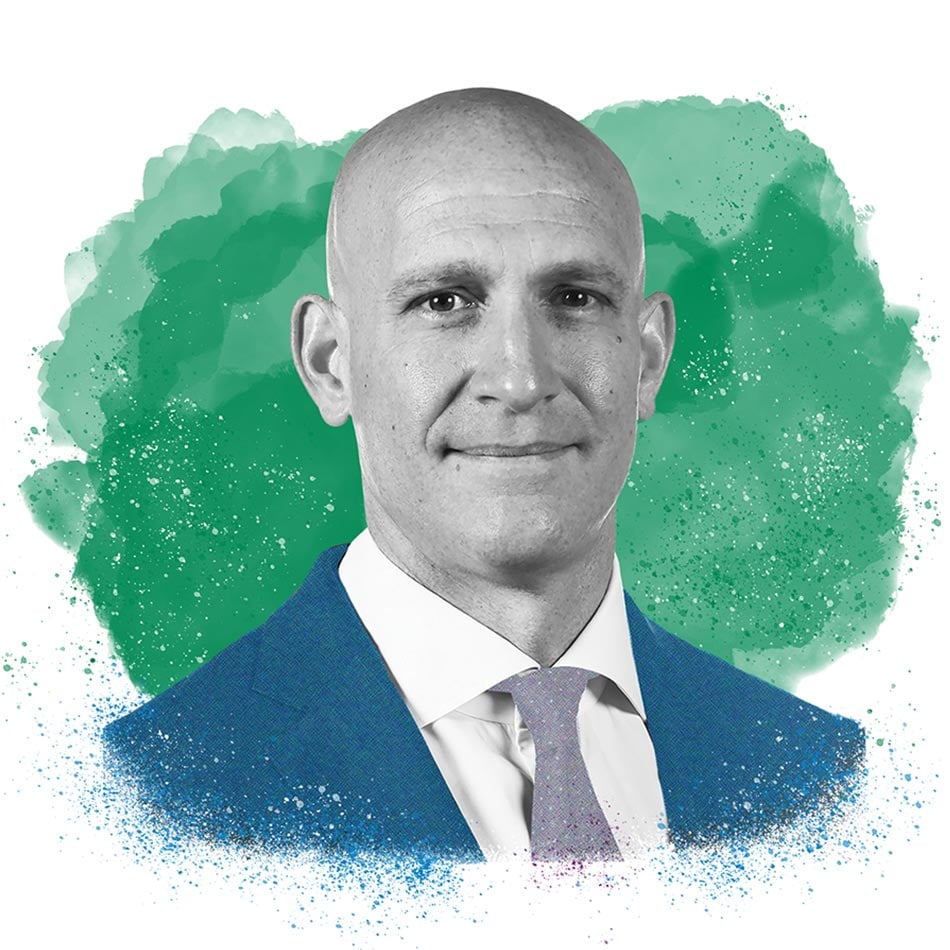
“Over the next century our notion of ‘health’ will evolve holistically — both how it is defined and in terms of international interconnectivity. The prosperity and well-being of societies will be predicated upon our ability to improve the condition of the most vulnerable members of the global community.
Our understanding of the interactions between physical, mental, emotional and spiritual facets of human existence will evolve. This new awareness will translate into recommendations that will be deployed more rapidly than today across multimodal channels to impact all four pillars of health. Sensing the human response to interventions will be real-time and adjustments will be deployed near instantaneously.
This paradigm shift will have a powerful positive impact upon the health, well-being, happiness and stability of communities across the globe, fostering a greater degree of intercultural cooperation.”
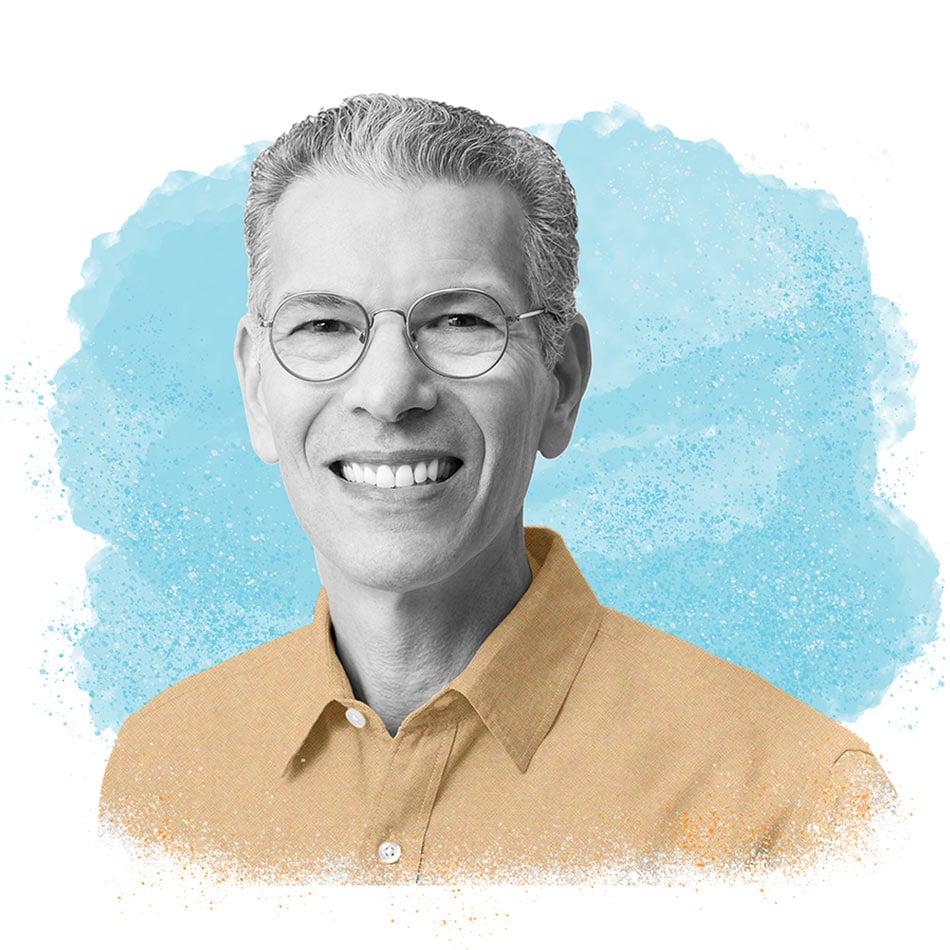
“The ailments and afflictions of 2021 have been eliminated by 2121, helped by unfathomable medical breakthroughs brought by technologies such as gene editing and supercomputing. AI models have enabled us to predict and prevent health issues that were previously inherited or caused by socioeconomic factors.
In the most optimistic view, technology has enabled society to solve the issues of high healthcare cost, access to care and quality of care. Instead of treating patients’ physical health, clinicians now focus primarily on facilitating community health and our collective mental well-being.
The biggest issue is the mental health of individuals living long past 100 years old, who may be seeking a greater sense of purpose in this new stage of life.”
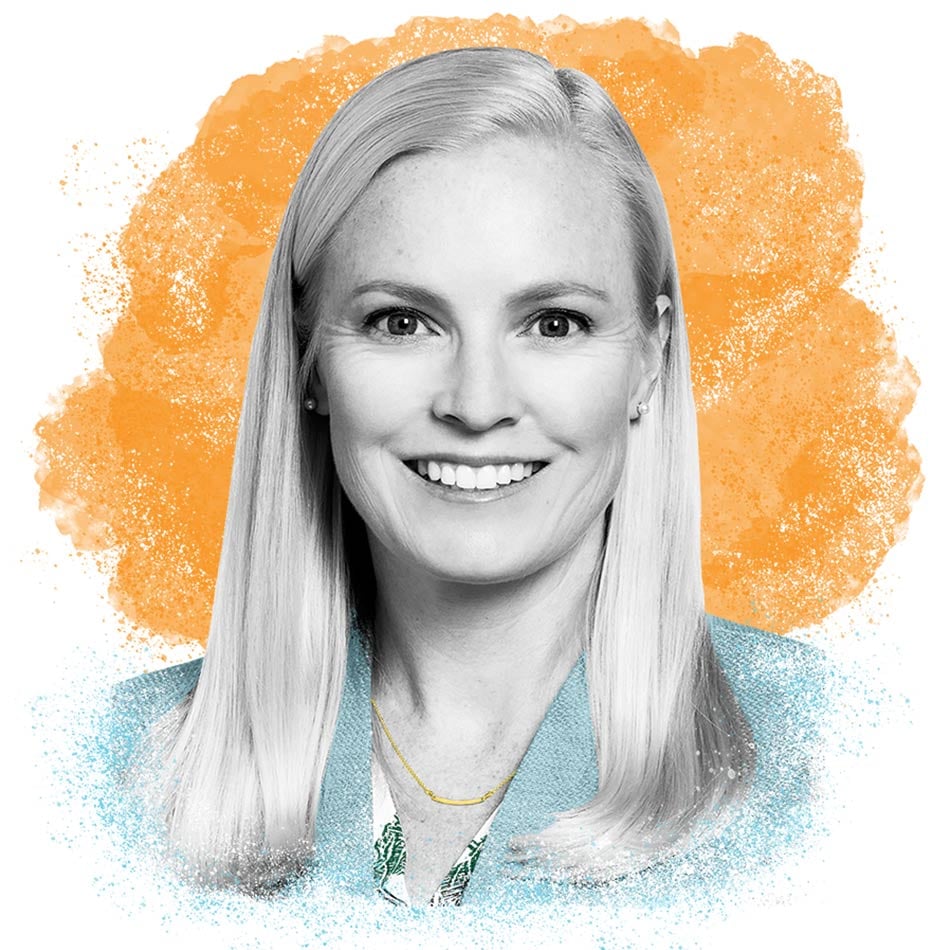
“My vision for healthcare in the future is simple:
Healthcare will be accurate and precise. We will use big data to understand how to treat a specific person with a specific disease. We will be able to predict outcomes. Genomics and a personalized approach to disease will allow us to target an individual with disease susceptibilities and intervene before a disease has a chance to develop.
Healthcare will be accessible. Every single person will have the opportunity to receive reliable, high-quality care. Race and socioeconomic status will not have a bearing on access to care or clinical outcomes.
Healthcare will be personal. Despite technological advances, we in healthcare will remain in a partnership with patients. Empathy for the human condition will be at the center of every decision we make.”
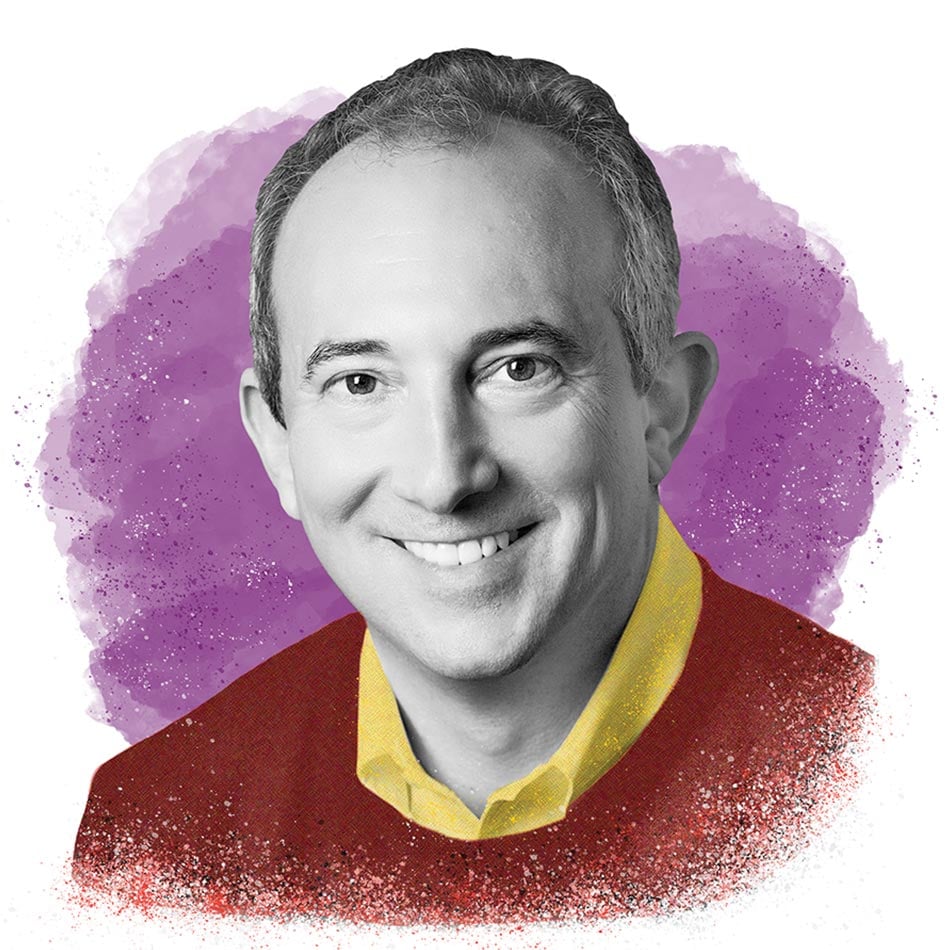
“How will healthcare be different in 100 years? Very simply, healthcare will be data-driven at the individual level with a feedback loop.
Presently, doctors’ offices and hospitals are the healthcare data collectors, and they do so episodically, whenever a patient visits their office or facility. They are then reactive to anything abnormal that is found.
Over the coming decades, data collection will switch more and more to the home and be done much more frequently. The data will go to structured databases in a privacy-protected way to enable learning from each patient’s data and advising the patients through an artificial intelligence system to make corrections based on data from others in the database.
Healthcare will evolve one day to become a monitoring system, empowered by technology, that can help with disease prevention and early detection, as well as data-driven treatment. I am so ready for that day!”
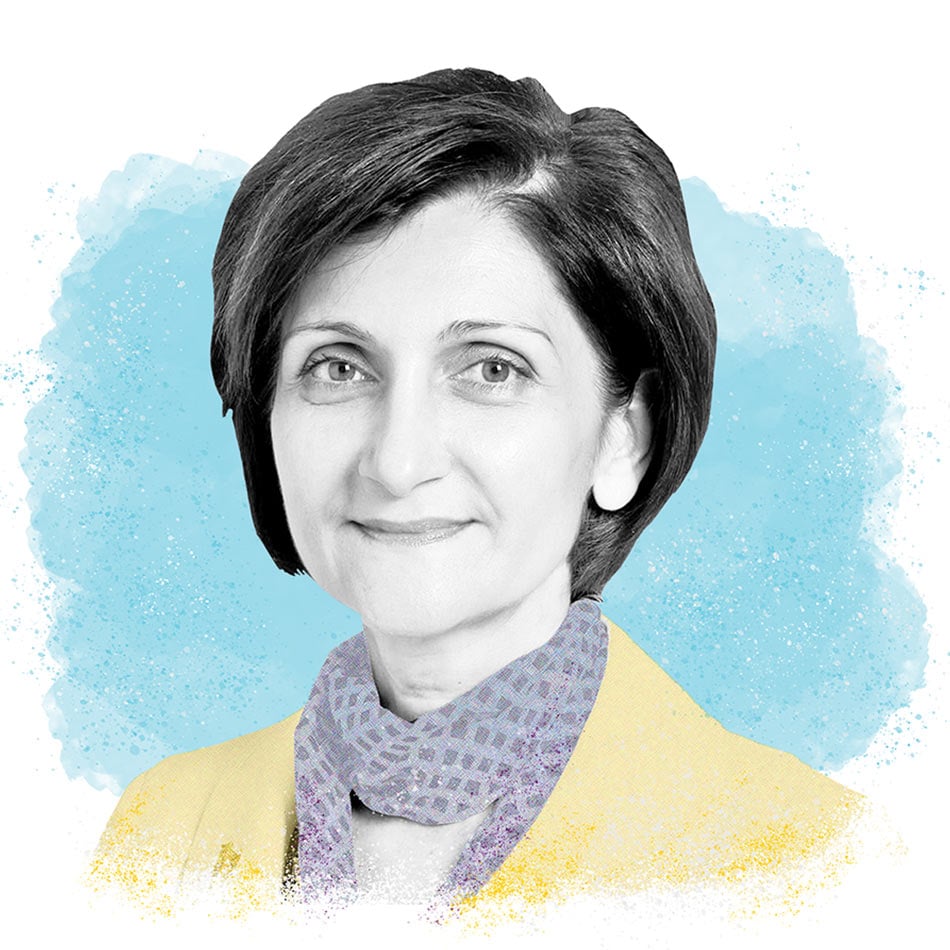
“The past 100 years were a golden age of medicine fueled by scientific study and advances of the Industrial Age. Faster and greater communication and travel and greater knowledge of biology and chemistry led to life-changing medical advances and longer lifespans.
The next 100 years will be a new golden age of medicine revolutionized by massive amounts of scientific knowledge generated by researchers on single cells, disease models, people and populations, and by the streams of data collected in our daily lives as we use digital devices. Individuals will have their entire genomes at their fingertips, which will be integrated with real-time data on diet, activities and environmental exposures.
The data combined with ultra-fast computing technologies will provide digital healthcare platforms personalized to prevent disease — or, if disease occurs, to treat each person using a precision healthcare approach, allowing for even longer, healthier lives.”
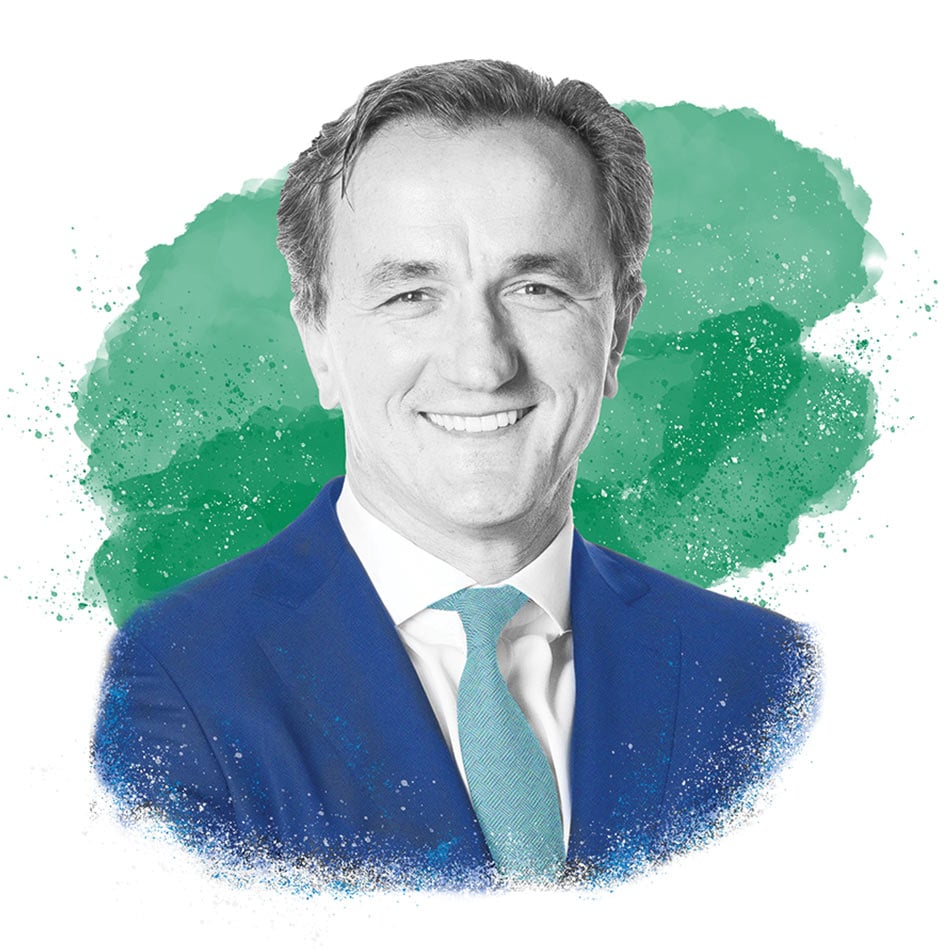
“Healthcare has come a long way since 1921. My hope is that a century from now, it will have brought us to an even better place, depending on how successfully we address three fundamental questions:
Can we expand our reach? The top five health systems ranked by U.S. News & World Report care for fewer than 2% of all U.S. patients. As providers, we have an ethical imperative to grow.
Can we improve access? Caring for every patient, even those whom we don’t currently serve, is a responsibility and a privilege. The highest quality care must be available and affordable for all.
Can we leverage technology for a greater good? In recent months, spurred by the pandemic, we’ve seen quantum leaps in telemedicine. It’s staggering to imagine what innovations the coming decades will bring to improve care, research and education, particularly in light of the game-changing power of artificial intelligence. Never losing sight of the human touch will be key.
Clearly, we have a lot to get done by 2121. Let’s start today.”
